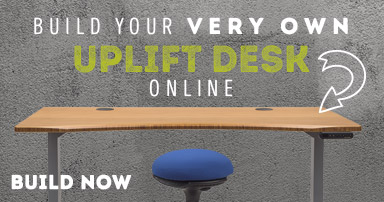Mobile Workers: Phone or Laptop?
Posted by Human Solution on Dec 15th 2010
The strides mobile computing has made in the last few years are remarkable to say the least. One of the most dramatic of these is that smart phones are now nearly as powerful as small personal computers. This means that tasks that would’ve required a notebook computer as recently as a year or two ago may now be accomplished via mobile device. Some of these include document viewing, emailing, chat and the use of various productivity applications. So with these advances, are mobile devices likely to replace the laptop for your mobile workforce soon? I believe the answer depends on the nature of the work, and it has everything to do with ergonomics.
The main advantage of smartphones is that they are the smallest, most portable devices capable of performing a more-or-less full range of productivity tasks. They fit in employees’ pockets and usually operate via a wide ranging network, rather than being tied to WiFi. Their small size becomes an ergonomic disadvantage, however, when working with large documents.
Laptop computers are much easier to use for composing documents, due to their full-size keyboard. A phone’s small keypad can be slow as well as painful to operate, placing repetitive stress on the thumbs. In addition, laptops’ larger screens make reading easier than that of a smartphone. So for document-intensive applications, at least, a laptop is probably best.
A smartphone may win out, however, for employees for whom mobility and portability are key, especially those using data entry or calculation applications that do not require inputting large amounts of text or reading long documents. One interesting compromise between the two extremes may soon be tablets, which have a larger screen and somewhat easier typing ability than a phone, but are still relatively portable.
For those who prefer laptops, take a look at some of the ergonomic laptop accessories we recommend to help make your mobile computing more comfortable and productive.




